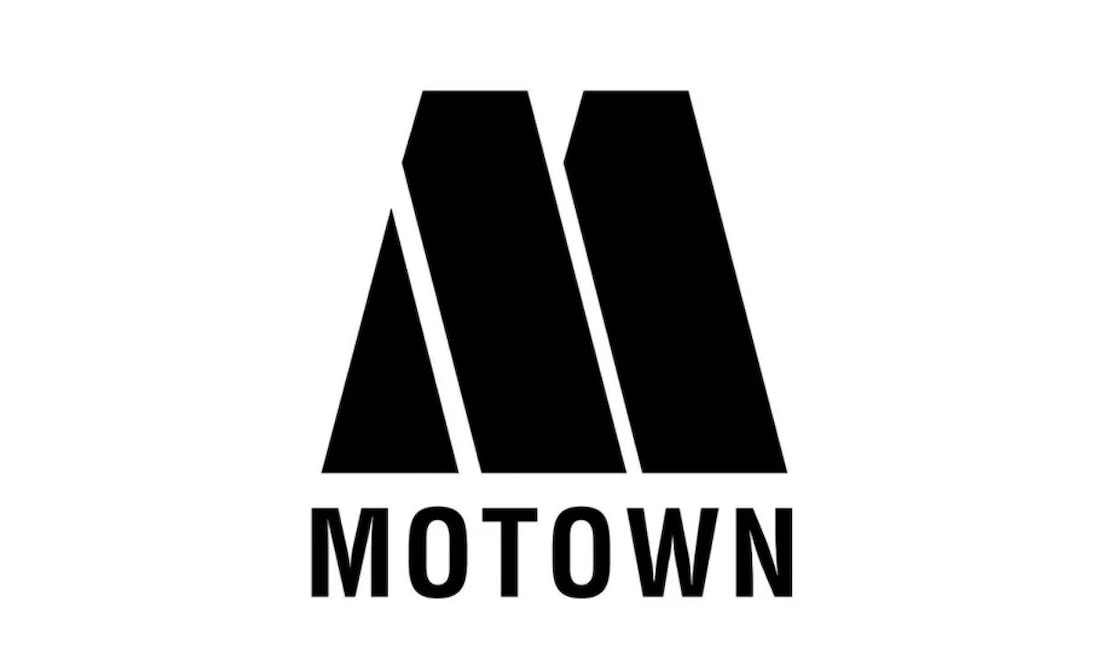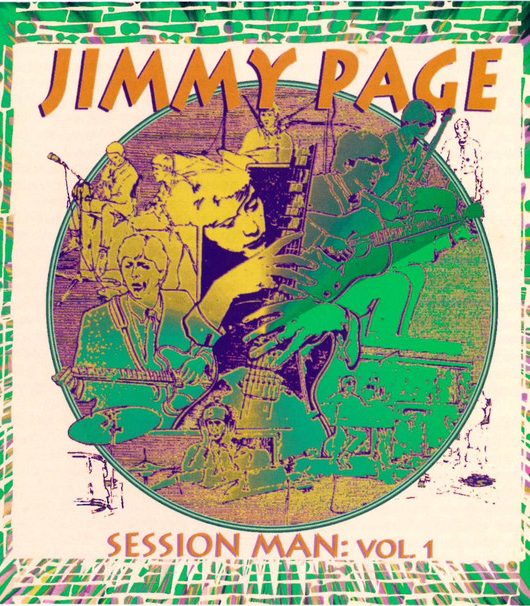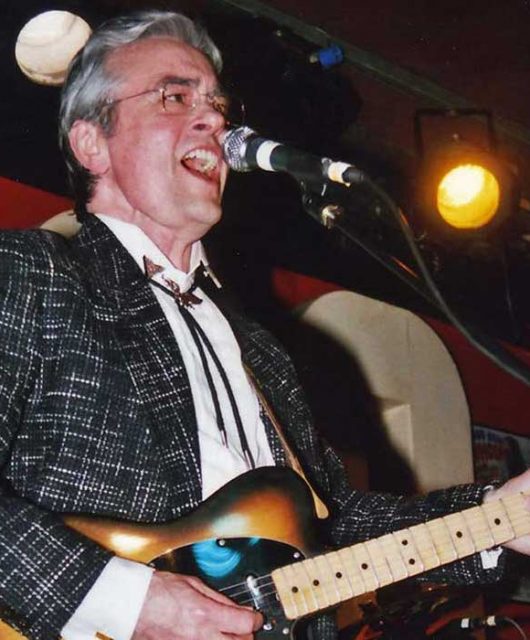Sixty-five years ago, Berry Gordy – a former boxer and failed record store owner – launched the label that would become Motown. We trace its funky first five years, which followed in the slipstream of rock’n’roll.
Words by Jordan Bassett
At 3am in the autumn of 1960, Smokey Robinson was awoken by an unexpected – and, frankly, unwelcome – phonecall. “Hello?” he muttered, still half-asleep. “Smoke?” came the reply from his boss and best friend, the indefatigable Motown Records label founder Berry Gordy. “What’s happenin’?” An incredulous Robinson explained precisely what was happenin’: he was asleep. “What’s happenin’ wit’ you?” he snapped back.
It turned out there was a song on Berry Gordy’s mind. Or, as the businessman put it: “Shop Around won’t let me sleep, man.”
When Smokey Sings
He was referring to a single Smokey had written in 20 minutes and recorded with his group the Miracles; Gordy had released it two-and-a-half weeks previously. The song was the sound of joy bottled in three minutes, a full-bodied R&B groover replete with a cartoonish sax solo. The record was selling respectably in their hometown of Detroit. But merely ‘respectable’ sales did not compute with Berry Gordy, a failed record shop owner and former boxer who would go on to become one of the greatest music tycoons in American history.
He knew that there was a better, more successful version of Shop Around out there in the ether. All they needed to do was change every single aspect of it – no matter that they’d already released the thing. “OK, man,” Robinson assured him, getting ready to return to sleep, “it’s cool – I’ll see you tomorrow.”
“No, no, no,” said Gordy. “I mean right now.”
The hastily remodelled version of the track – sped up, sprightlier and 14 seconds shorter than its predecessor – became the Motown Record Corporation’s first million-selling hit single. Whether or not it could have waited until Smokey Robinson had eaten his cornflakes, we’ll never know. Either way, this anecdote, which the singer laughingly relayed in the 2019 documentary Hitsville: The Making of Motown, pretty much sums up Berry Gordy. It also helps to explain how the label, which celebrates its 65th anniversary this month, became, in its prime, the largest Black-owned business in America.
Roots In Rock’n’Roll
But let’s rewind the clock a little. When the businessman originally founded the imprint as Tamla Records on 12 January 1959, he did so in a cultural landscape unrecognisable from that of just five years earlier. The wrecking ball behind this upheaval was, of course, rock’n’roll music. By the late 50s, Elvis Presley’s smash-hit covers of Black musicians’ tunes had encouraged white teenagers to seek out the originals – and those kids had money to spend on records.
In the context of the burgeoning Civil Rights movement, as Peter Benjaminson wrote in his definitive history The Story of Motown, this resulted in “new opportunities for Black performers. As the popularity of Black music grew, more stations began playing it and more teenagers – white as well as Black – began listening. This was when Berry Gordy began making records. His timing was perfect.”
Hitsville Detroit
The seventh of eight children born into an upwardly mobile family, Gordy dropped out of school to pursue a career in boxing, where – in the shape of things to come – he almost literally punched above his weight. It was in here, at a gym in Detroit, that he spotted an advert for a Battle of the Bands concert and had an epiphany. In the boxing world, he told the Los Angeles Times in 1984, he knocked about with “young fighters who were 23 but looked like 50, all scarred and beat-up”. In contrast, that advert depicted “musicians who were 50 and they looked 23”.
Before he could capture youth in amber with Motown’s bubblegum pop symphonies, though, Gordy opened a record shop. The 3-D Record Mart reflected his own interests in jazz, regardless of the public’s desire for rock’n’roll and blues, which he stubbornly refused to stock. He soon lost the store, along with the $700 his father had given him to open the place. From now on, whatever he produced had to sell.
‘Little Las Vegas’
The thwarted businessman nursed his regrets at the Ford Motor Company’s Wayne Assembly Plant, where he worked as a trimmer on the Lincoln-Mercury production line. In theory, this represented some form of the American Dream. Thanks to head honcho Henry Ford, who famously pioneered mass production methods, Detroit had earned its ‘Motor City’ nickname in the 1920s. As Black citizens migrated north for a better quality of life, helping to increase its population to two million, the city became the fourth-largest in the United States. The country produced 80 per cent of the world’s cars, most of which were made in Detroit. Business was booming.
Berry Gordy, though, took home just $87.40 per week, a paltry wage that could never satisfy a man of his blazing ambition. Luckily, Detroit traded in another export: vast musical talent. Many of those Black migrants sang in churches and clubs such as the Flame Show Bar, which regulars dubbed ‘Little Las Vegas’. The Flame helped to launch the careers of greats such as LaVern Baker and Jackie Wilson, the latter of whom Gordy had already encountered on the city’s boxing scene.
So Fine
Inspired, the mogul-in-the-making quit the Ford gig in July 1955 and scratched around as a jobbing songwriter, achieving little success until he penned five tunes for Wilson: Reet Petite, To Be Loved, I’ll Be Satisfied, That’s Why (I Love You So) and Lonely Teardrops. The first three of those tracks shot, respectively, to numbers 62, 22 and 20 on Billboard’s pop chart. It was Lonely Teardrops, though, that became the million-seller, hitting No.7 on the pop chart and – astonishingly, given Berry’s relative inexperience as a writer – No.1 in the R&B field.
He now had a Gold record, but Gordy still wasn’t satisfied. He claimed to earn only $27.77 per week in songwriting royalties, meaning that he was better off on the production line. “You could go broke with hits,” Peter Benjaminson quoted him as having lamented, “if someone else was producing the records.”
Gordy, going through a messy divorce and facing mounting debts, was on the ropes. But the retired boxer had a formidable champion in his corner: Smokey Robinson, a sunny character with a golden voice, whom Bob Dylan would later dub “America’s greatest living poet”.
It’s A Miracle
The Motown men crossed paths in August 1957, when Robinson and his vocal group The Matadors failed an audition for Brunswick Records. Gordy, having cannily sidestepped into the production game, happened to be there, too, and saw vast potential in this charismatic, green-eyed singer. First he changed the group’s name to the more sparkly sounding Miracles, then released their debut single, the smoochy Got A Job, via the New York label End Records.
Given everything that awaited Berry Gordy, the imprint’s moniker would prove to be ironic. The Miracles’ swooning Way Over There broke so big in Detroit that they sought a national release. As Robinson explained to The Guardian in 2008, he told the boss: “Nobody’s paying us anyway, so we might as well take the chance on doing it ourselves.”
Following his friend’s advice, 30-year-old Berry used another loan from his family – this one for $800 – to form Tamla, which was incorporated as the Motown Record Corporation on 14 April 1960.
Motivatin’ Over The Hill
The name, an obvious allusion to its Motor City home, took a little finessing. “First, he was going to call it ‘Mocity’,” Robinson, who became Vice President, recalled in that 2008 interview, “but he decided that ‘town’ was more homely, more family-sounding, so he called it ‘Motown’.”
Indeed, although it’s long been noted that Gordy modelled his hit factory on the Ford assembly line, the label’s atmosphere was also familial (not least because he employed his own sisters there). He set up a studio and office in a converted garage at 2648 West Grand Boulevard and, in an act of supreme optimism, decorated its exterior with a sign that read: ‘Hitsville, USA’. Later, at staff socials, his employees would sing the Robinson-penned company ditty: “We are a very swinging company/ Working hard from day to day/Nowhere will you find more unity/Than at Hitsville, USA!”
Motown was a talent magnet from day one. Martha Reeves answered phones and worked in the accounts department before finding fame with the Vandellas. A pre-superstardom Marvin Gaye played drums with the label’s house band (though he was usually the fourth choice to do so) and Stevie Wonder signed up at the tender age of 11, back when he was Stevland Hardaway Morris.
Shake Your Money Maker
Gordy’s sixth sense also led him to appoint a fast-talking A&R in Mickey Stevenson, a wannabe singer who assembled the Funk Brothers, the company’s house band, by scoping out the local jazz joints. With the legendary likes of James Jamerson on bass and a whole unit to provide ‘vibes’, the Brothers were to Motown what the session players at J&M Recording Studio (where Fats Domino and Little Richard cut their hits) were to New Orleans R&B.
J&M’s talented team might have churned out stone-cold R&B classics in the late 50s, but even the earliest Motown releases gave them a run for their money – quite literally, since Barrett Strong hip-shaker Money (That’s What I Want) became one of the era’s most distinctive songs. Gordy’s ability to recreate this success was based on the strict formula that he imposed on his songwriters: simple structures, insistent four-beat drum patterns and bright backing vocals.
Hit Factory
Also key to Motown’s sound was a trebly production style that – as a Jon Landau noted in a 1971 Rolling Stone magazine retrospective on the label – proved “particularly effective for broadcast over AM radio”. He might have started out on the Ford assembly line, but the clarion call of Berry Gordy’s hit factory would soon be heard via car stereos on interstates and highways across the whole of America.
All record label owners seek some level of commercial success, but Gordy’s ambition was on another level. In its early years, Motown was run on such a tight budget that every single had to hit the Top 100. This wasn’t a company goal; it was the company’s business model. The goal was to break the Top 10 – and not just in R&B: Gordy expected his artists to crossover to the pop charts.
Time and time again, Motown saw good on this ambition. The company scored an astonishing 110 Top 10 US hits between 1961 and 1971; more than half of these were million-sellers. To achieve this feat, Gordy gathered top brass (many of whom were women, a rarity in the early 60s) at weekly ‘quality control’ meetings. Here they’d sift through potential singles and vote democratically on which should be released.
While his pursuit of perfection could be ruthless, though, he did cut some slack to those he believed in. The Supremes’ first eight singles flopped to such an extent that, behind closed doors, they were dubbed the ‘no-hit Supremes’. Yet Gordy’s persistence paid off when Where Did Our Love Go hit Billboard No.1 in the summer of 1964, marking a golden period that gave them a record-breaking five consecutive American chart-toppers.
Changing Lanes
As Motown’s first chapter drew to a close, Gordy could look back at the empire he’d built from a garage in Detroit and count Marvin Gaye, Stevie Wonder, The Marvelettes and so many others among the talents he’d delivered to the world. When The Beatles covered the likes of Money (That’s What I Want) and The Marvelettes’ Please Mr. Postman, it was an indication of the Motor City sound’s global success. Gordy’s artists later began to chafe against the hit-making limitations he built aroundthem, but even then he knew where the true value of his company lay.
In the Hitsville: The Making Of Motown documentary, he confessed that he was reluctant to release Marvin Gaye’s now-iconic 1971 protest album What’s Going On,which became the label’s biggest-seller for a time. The mogul had seen sense when the singer appealed to him directly. “You can have the greatest assembly line in the world,” Gordy reflected, “but people are not cars and eventually they are going to express themselves outside of the system.”
Motown only moved in one direction – forward – and it wasn’t just Berry Gordy in the driver’s seat. The story of Motown is the story of its people, whose voices ring loud and clear some 65 years on.
Subscribe to Vintage Rock here






